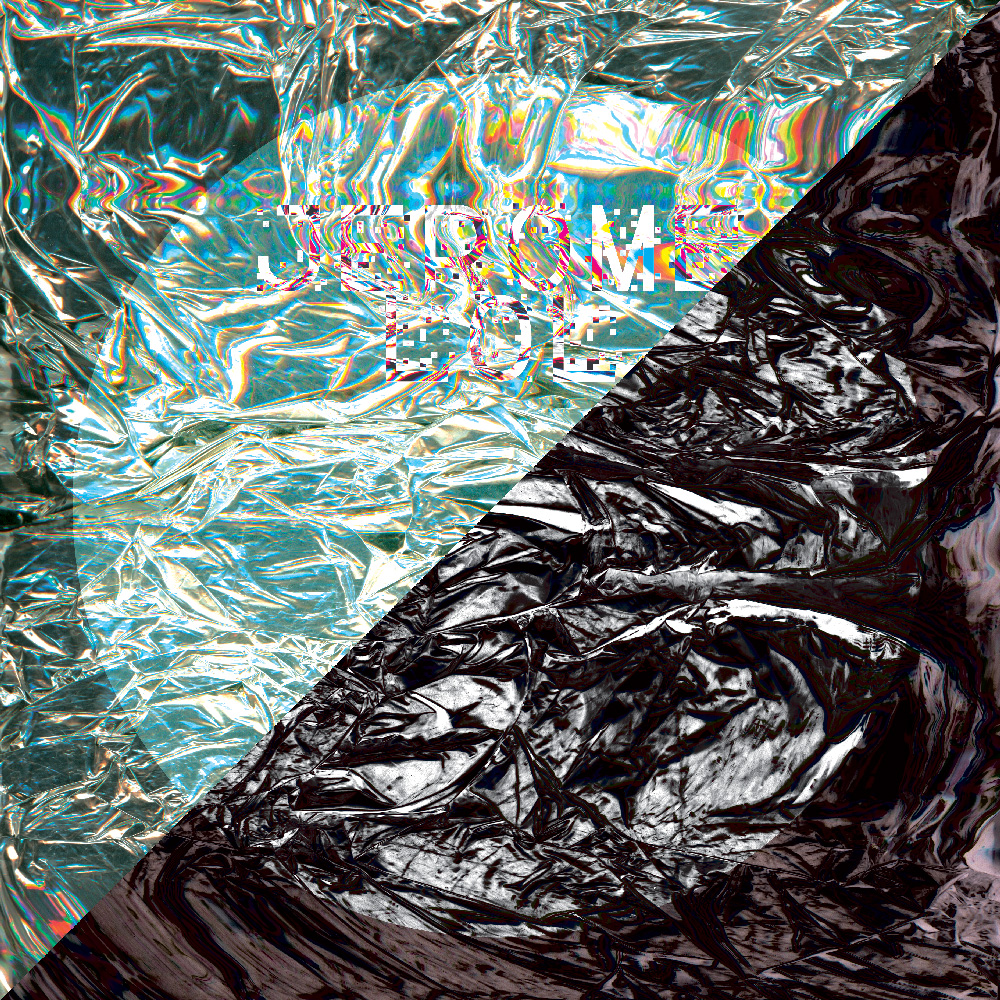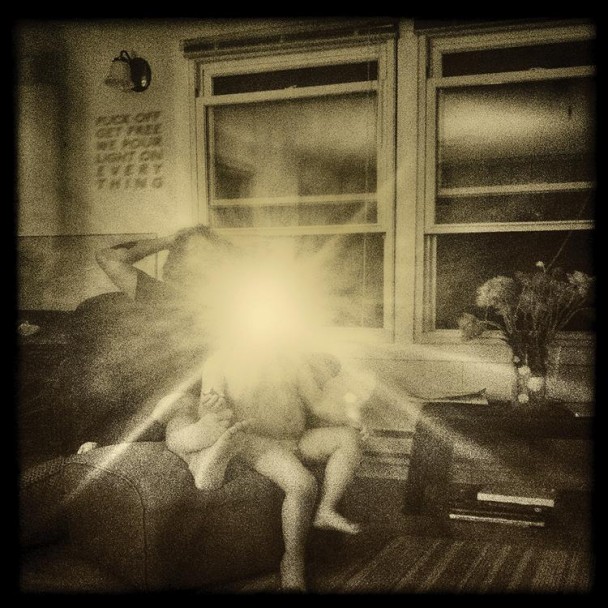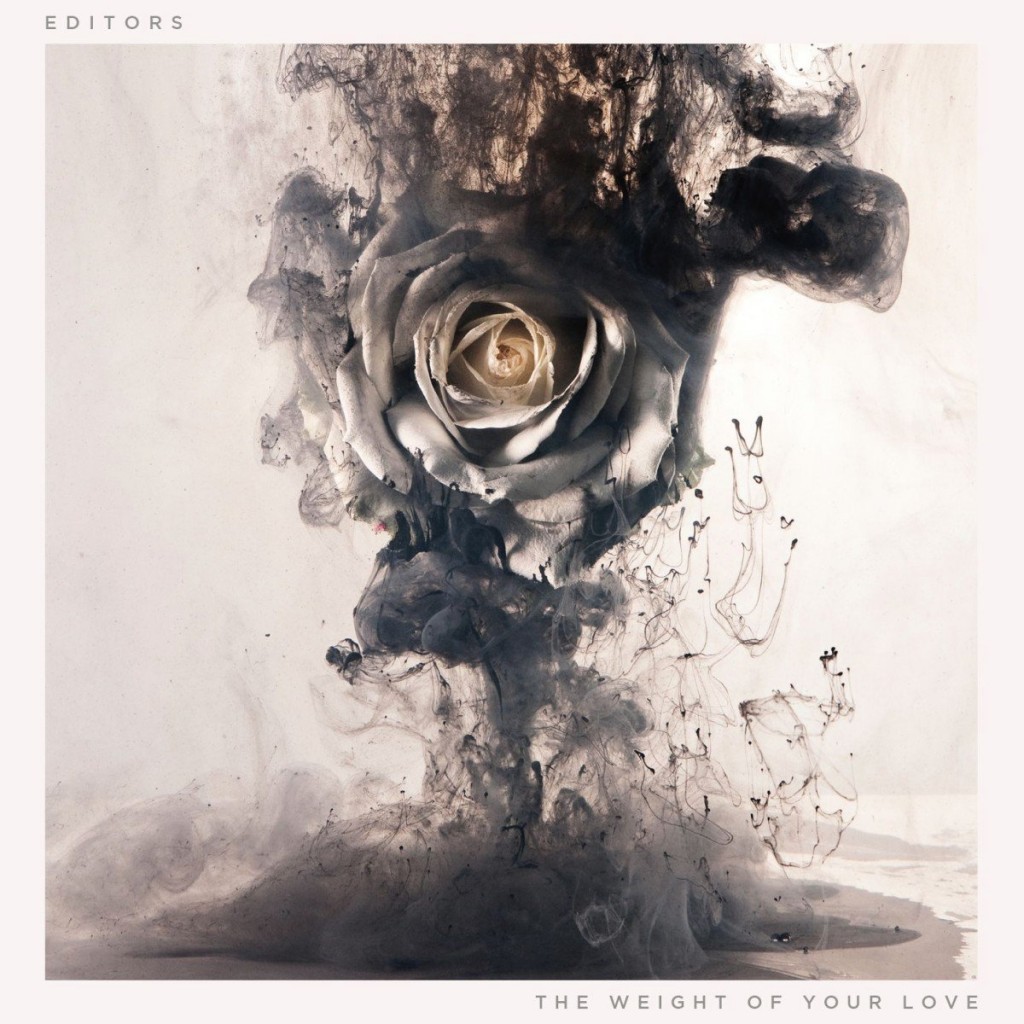Thee Silver Mt. Zion Memorial Orchestra
Fuck Off Get Free We Pour Light on Everything
How exactly do you classify Thee Silver Mt. Zion Memorial Orchestra? Experimental indie post-rock? Orchestral prog punk? Neo-classical art rock? All of the above? Whatever it is, it apologizes to no one. TSMZ’s new album is noisy, abrasive, uncontrolled — and it works. With its driving beat and dark, ringing melodies, Fuck Off doesn’t lack power. Its ability to swing between softness and heaviness is admirable; the real fireworks are in the tender, delicate harmonies of tracks like “Little Ones Run,” which offer some relief from the electro-fuzzed angst that dominates much of the album. Even though many of the tracks descend into passionate, thundering jam sessions that sprawl over the ten-minute mark, it feels well-paced. But this album is far from perfect. While the lyrics are probably just as fascinatingly poetic as their long, artsy song titles, they’re completely unintelligible. And then there are the noticeable technical fumbles: unsteady rhythms, sour notes, flat vocals. Is this just sloppiness, or does it add to the deliberately-messy art-kid aesthetic? Fans of Mogwai and Godspeed You! Black Emperor will love this album. Most other people probably won’t.
VALERIE FRANKLIN
Damien Jurado
Brothers and Sisters of the Eternal Son
Brothers and Sisters of the Eternal Son is the third collaboration between Damien Jurado and producer Richard Swift. This time, Jurado and Swift are more eager to experiment with the standard singer-songwriter sound that Jurado has relied on since the late 1990s. Jurado’s departure forms an exciting album that adds to his gently strummed, Nick Drake-esque storytelling. Jurado’s Christian symbolism remains plastered throughout Brothers and Sisters, most of which is easy to interpret. On “Silver Katherine,” Jurado ends the track singing, “Roll away the stone.” The ominous and intimate opening number “Magic Number” not only gets the listener’s attention, but also sets the mood for a record that weaves like a river, and the closer, “Suns In Our Mind” is a layered track that fades out the flow of music. The standout here is the upbeat “Silver Timothy,” which Swift arranges with a gorgeous rhythm section. Brothers and Sisters of the Eternal Son is a record the listener can experience, even if you don’t follow the spiritual and surreal imagery, all of which speaks to Jurado’s ability to create music that conveys deeper meaning.
TIM UBELS
Jerome LOL
Deleted / Fool
For DJs (as in, digital-file jockeys), the album can be a challenge — many place 10-minute tracks in an indifferent row, but a recent not-quite-wave of internet-burgeoned artists have seeked to fashion it into something less insular than a club atmosphere. Jerome Potter, who contributed to the widest-ranging and arguably the best example of this type of transition (Elite Gymnastics’ Ruin), has a pop-omnivore sensibility. He knows how to lay out spaces and push layers of sound to let vocalists in, something evident from last summer’s LOGO mix (which charted from Paul Simon to Purity Ring), something that he shares with mixers like Ryan Hemsworth. Like on Hemsworth’s Guilt Trips, Potter invites collaboration, leaving the lyric calligraphy to Sara Zagarino and Angelina Lucero, keeping step with the marching, shaking (and on album standout “Fool,” overloaded) sounds he’s become known for. It isn’t a tremendous leap forward, but a fitting of tricky drum patterns and cool piano into the form of a pop song, a discipline that’s always more difficult than it sounds.
MICHAEL SCOULAR
Editors
The Weight of Your Love
Editors previous album, In This Light and On This Evening, was seething with grit and drenched in the dirtiest of synth while having amazing hooks. The Weight of Your Love is quite a departure. Yet it still carries some of what made the band stand out, mostly in Tom Smith’s dark vocals, heavy tones, and an absorbingly suffocated atmosphere. This album coves a lot of ground with a fairly wide arrangement of varied, but generally guitar-driven sounds. Certain tracks such as “Sugar” have industrial resemblances, while “What Is This Thing Called Love” demonstrates Smith’s decently tuned falsetto, and where “A Ton of Love” could have easily been lifted out of U2’s discography. The song “Nothing” offers a beautifully orchestrated anthemic rise. It’s the best track on the album and pulls at the heart with lyrics of “Every conversation within you / Starts a celebration in me / Till I got nothing left / I got nothing left.” Since this is such a departure for the Editors it’s hard to determine where this album falls for them, but at the end it is a solid listen.
JOE JOHNSON





